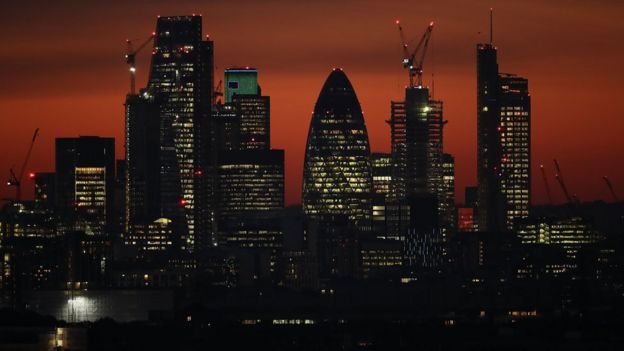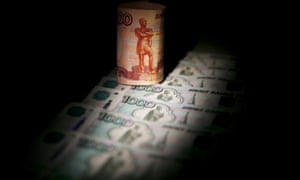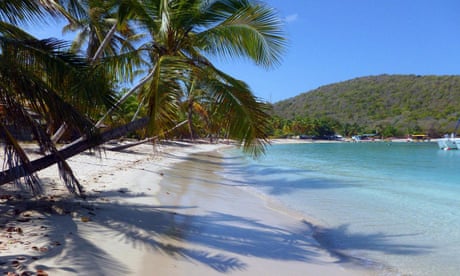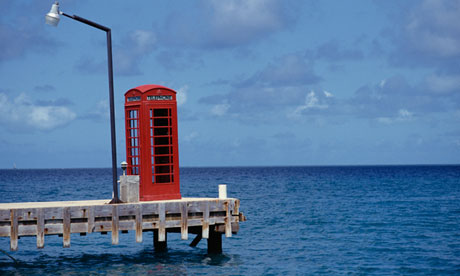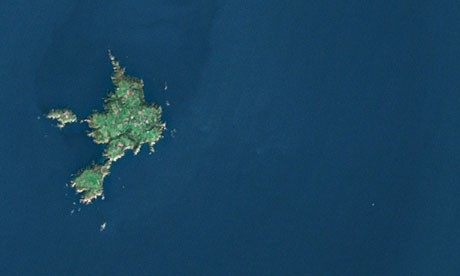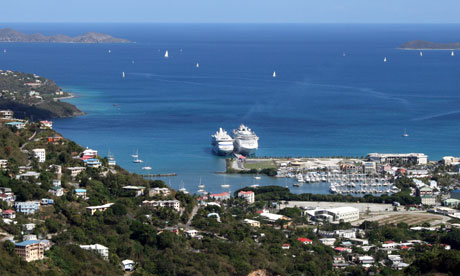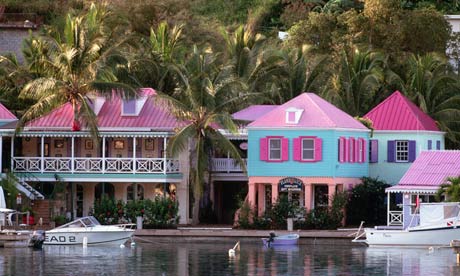Oliver Bullough in The Guardian
We were warned about Vladimir Putin – about his intentions, his nature, his mindset – and, because it was profitable for us, we ignored those warnings and welcomed his friends and their money. It is too late for us to erase our responsibility for helping Putin build his system. But we can still dismantle it and stop it coming back.Russia is a mafia state, and its elite exists to enrich itself. Democracy is an existential threat to that theft, which is why Putin has crushed it at home and seeks to undermine it abroad. For decades, London has been the most important place not only for Russia’s criminal elite to launder its money, but also for it to stash its wealth. We have been the Kremlin’s bankers, and provided its elite with the financial skills it lacks. Its kleptocracy could not exist without our assistance. The best time to do something about this was 30 years ago – but the second best time is right now.
We journalists have long been writing about this, but it is not simply overheated rhetoric from overexcited hacks. Parliament’s intelligence and security committee wrote two years ago that our investigative agencies are underfunded, our economy is awash with dirty money, and oligarchs have bought influence at the very top of our society.
The committee heard evidence from senior law enforcement and security officials. It laid out detailed, careful suggestions for what Britain should do to limit the damage Putin has already done to our society. Instead of learning from the report and implementing its proposals, Boris Johnson delayed its publication until after the general election and then, when further delay became impossible, dismissed those who took its sober analysis seriously as “Islingtonian remainers” seeking to delegitimise Brexit.
That is the crucial context for Johnson’s ludicrous claim this week to the House of Commons that no government could “conceivably be doing more to root out corrupt Russian money”. That is not only demonstrably untrue, it is an inversion of reality. On leaving the European Union, we were told that we could launch our own independent sanctions regime – and this week we saw the fruit of it: a response markedly weaker than those of Brussels and Washington.
The Liberal Democrat MP Layla Moran, speaking with parliamentary privilege on Tuesday, listed the names of 35 alleged key Putin “enablers” whom the Russian opposition politician Alexei Navalny has asked to be sanctioned. Blocking the assets of everyone on that list and their close relatives would be a truly significant response from Johnson to the gravity of the situation. But it would still only be a start.
Relying solely on sanctions now is like stamping on a car’s accelerator when you’ve failed for years to maintain the engine, pump up the tyres or fill up the tank, yet still expect it to hit 95mph. Other announcements in the last couple of days have amounted to nothing more than painting on go-faster stripes. Tackling the UK’s role in enabling Putin’s kleptocracy, and containing the threat his allies pose to democracy here and elsewhere, will require far more than just banning golden visas or Kremlin TV stations.
For a start, we need to know who owns our country. Some 87,000 properties in England and Wales are owned via offshore companies – which prevents us seeing who their true owners are or if they were bought with criminal money. Companies House makes no checks on registrations, which is why UK shell structures have featured in most Russian money-laundering scandals. Imposing transparency on the ownership of dirty money in this way would strike at the heart of the London money-laundering machine. Governments have promised to do this “when parliamentary time allows” for years, yet the time has never been found, and instead they’ve listened to concerns from the City that such regulations would harm its competitiveness.
Above all, we need to fund our enforcement agencies as generously as oligarchs fund their lawyers: you can’t fight grand corruption on the cheap. Even good policies of recent years, such as the “unexplained wealth orders” of 2017, which were designed to tackle criminally owned assets hidden behind clever shell structures, have largely failed because investigators lack the funds to use them. We must spend what it takes to drive kleptocratic cash out of the country.
Johnson is not the first prime minister to fail to rise to the challenge – Tony Blair and David Cameron both schmoozed with Putin even when it was obvious what kind of a leader he was. And I don’t think Johnson is personally corrupt or tainted by Russian money; he’s lazy, flippant and unwilling to launch expensive, laborious initiatives that will bring results only long after he himself has left office and is unable to take the credit for them. It is time, however, for his colleagues to step up and force him into action. This is a serious moment, and it requires serious people willing to invest in the long-term security of our country and the future of democracy everywhere.
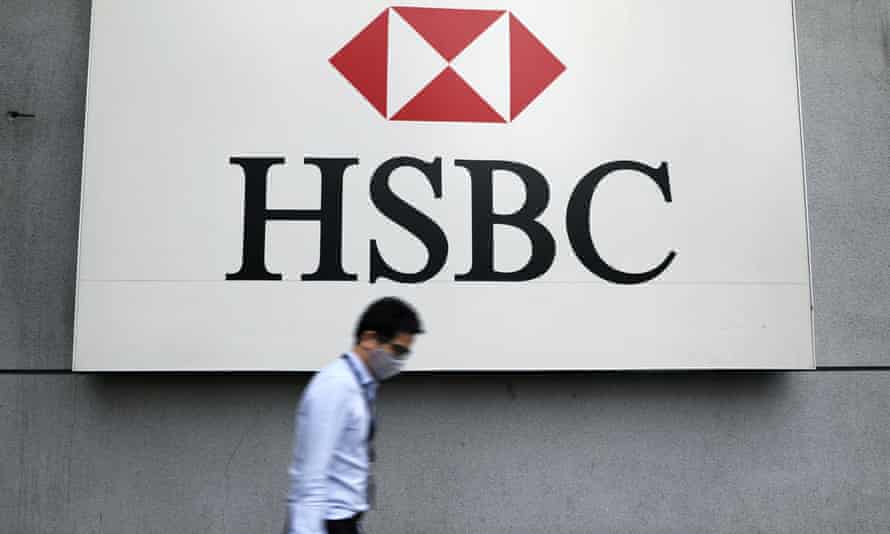
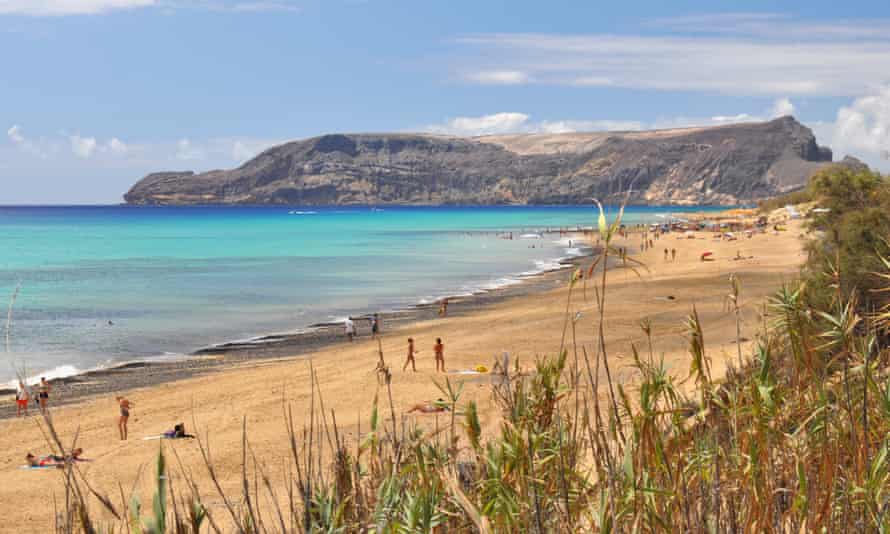
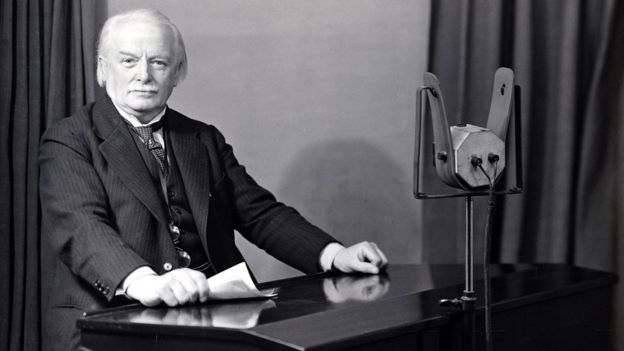
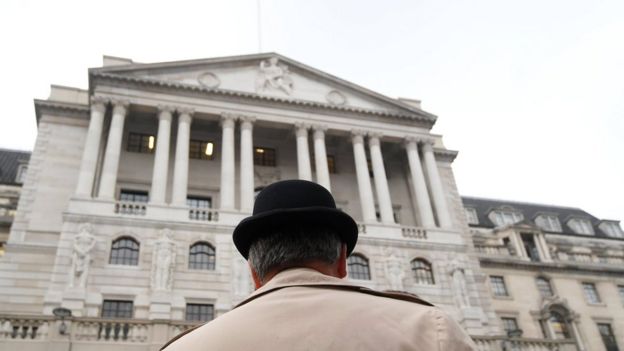 Image copyrightREUTERSImage captionThe Bank of England did not get its way against the Treasury
Image copyrightREUTERSImage captionThe Bank of England did not get its way against the Treasury